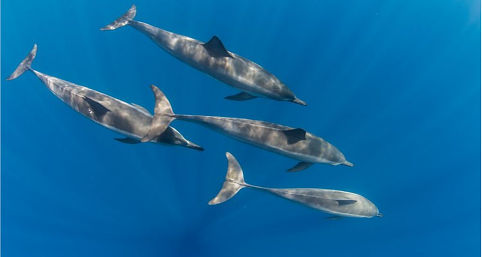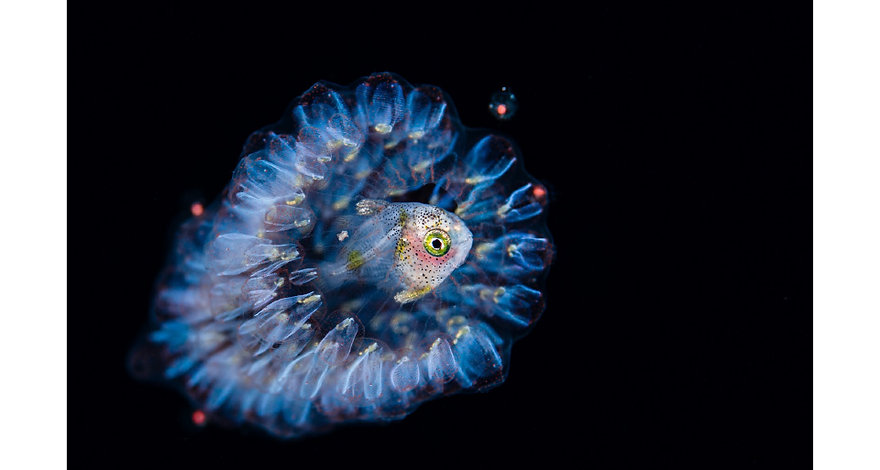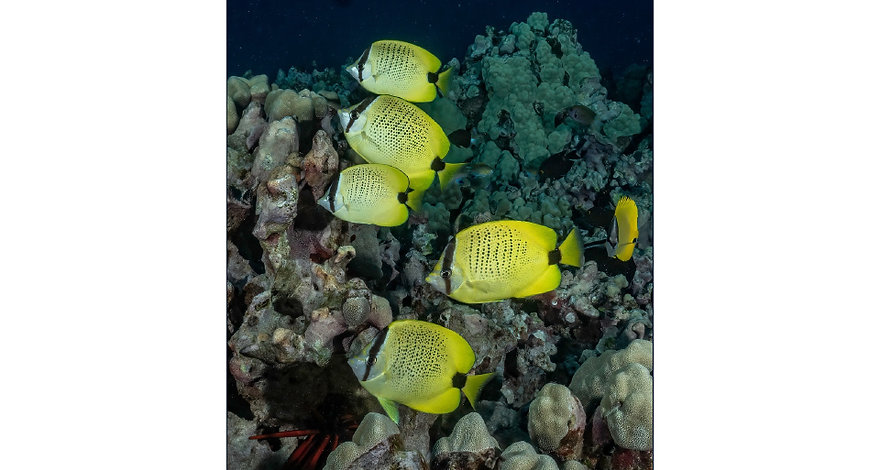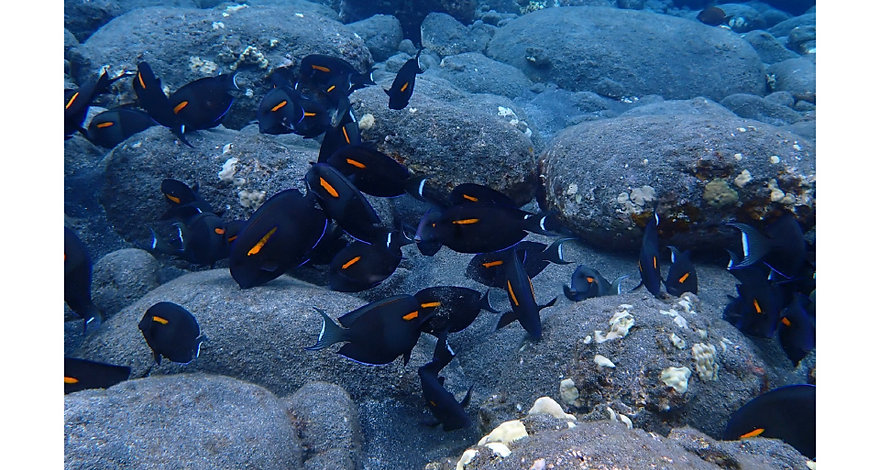Many Thanks to Coral Image Bank, the Smithsonian Institute whose educational content has been used to prepare this program.
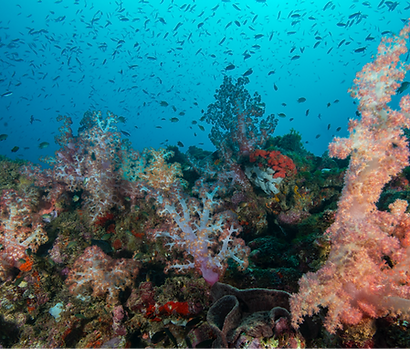
What is Coral
Plant? Animal? or Mineral ?
Hmmm…. Well, your right! Depending on when in history you ask!
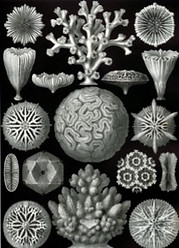
In the pre 1600’s it was considered a Mineral…
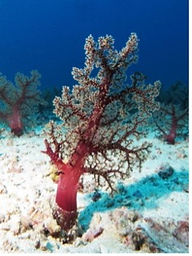
From the 1600’s to 1730 it was considered a Plant…
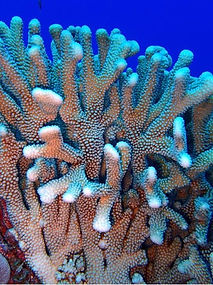
Then in 1730 it was identified as animal, which it remains so today.
So, as you can see man has only begun to understand the nature of coral – a natural living organism, critical to keeping our oceans in balance!
Coral Feeding
-
01
Do they produce their own food – like plants?
-
02
Do they find food - like an animal?
Zooxanthellae (zoo what???)
What is Zooxanthellae?
- The coal provides the algae with “home” or a protected environment and the compounds they need for photosynthesis.
- In return, the Zooxanthellae supply the coral with food in the form of glucose, glycerol and amino acids – free rent for food!
- Studies show that as much as 90% of the organic material photosynthetically produced by Zooxanthellae is transferred to the host coral tissue.
- The Zooxanthellae is responsible for the unique and beautiful colors of many corals! Go Zooxanthellae!
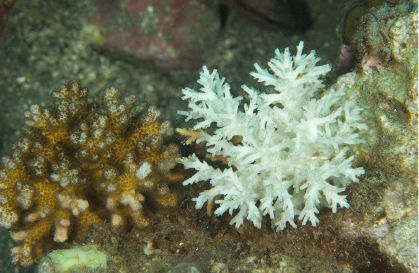
without Zooxanthellae
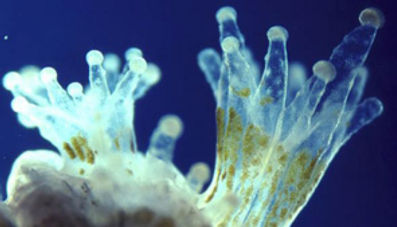
with Zooxanthellae
Coral Asexual Reproduction Splitting, Budding and Fragmentation
Asexual reproduction takes place in the form of budding, splitting or fragmentation. This is how a colony grows.
When a polyp splits, the original polyp divides into two, then the polyps repeat the process to grow for the rest of their lives.
Budding happens when a new polyp grows out of the side of an existing polyp similar to the bud on a plant.

Fragmentation can happen several ways, by storms, other organisms, or planned, as we did in our lab.

… So, with asexual reproduction, corals grow by making copies of themselves. Just imagine a world of nothing but copies of you! Yikes! Fortunately, corals also reproduce sexually as well, this creates “genetic diversity” which is important for their survival.

So Why Should I Care…..
Well, that’s a good question!
For starters, in coastal communities like Hawaii, if we lose our coral reefs and the beautiful marine life they support, which may happen in our lifetime, our beaches will disappear and shoreline erosion will accelerate causing beachfront homes and hotels to slip into the ocean. Additionally, the immense protection the reefs provides us from storms and hurricanes will be gone forever!

